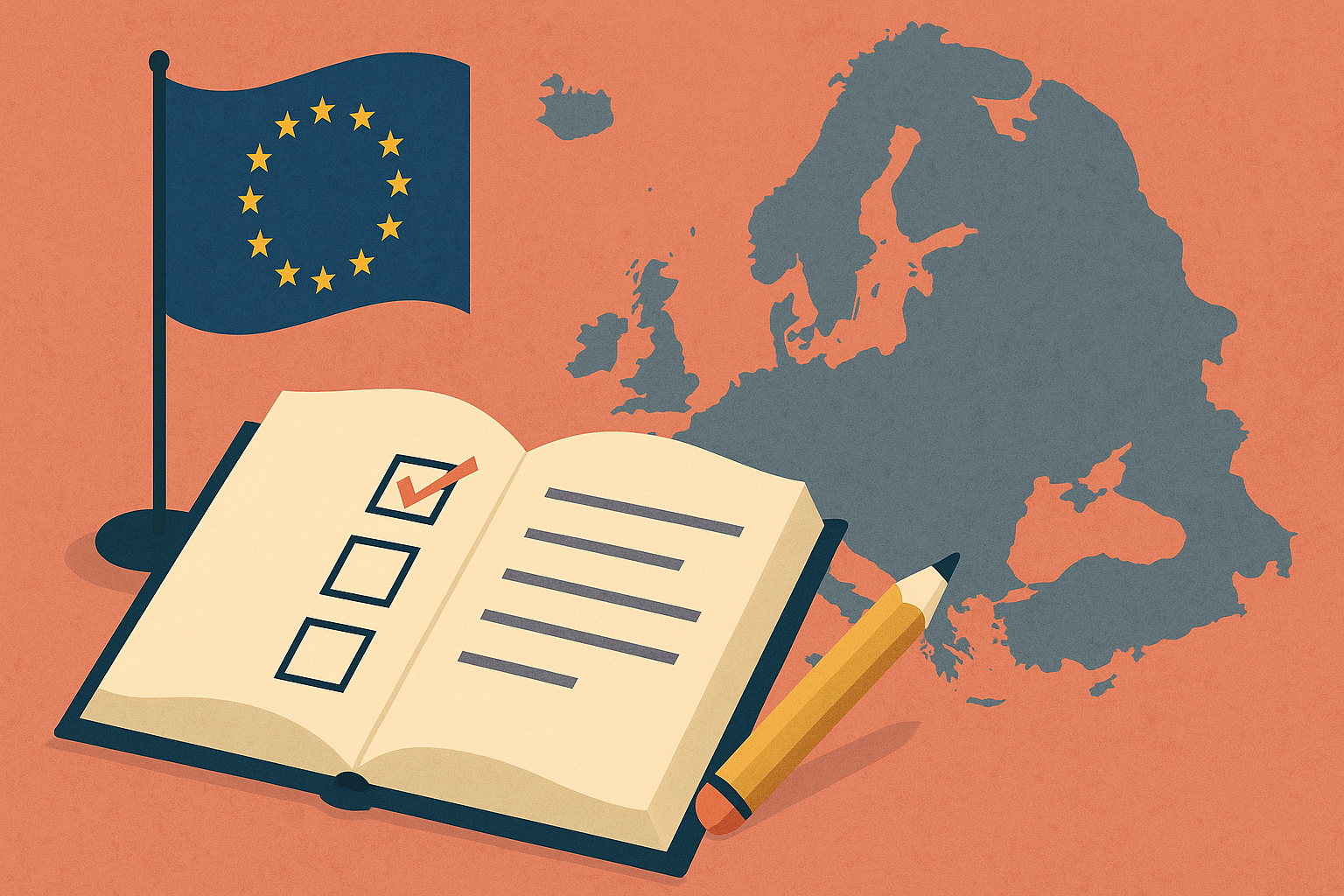The European Union is postponing a key internal report outlining how the bloc must reform to accommodate new member states — even as it prepares to release its assessment of aspiring members such as Ukraine and Moldova.
Enlargement at the Center of EU Politics
Russia’s full-scale invasion of Ukraine has thrust EU enlargement back onto the political agenda. The European Commission will publish its annual enlargement package on Thursday, evaluating the progress of candidate countries and offering guidance on next steps.
However, according to EU officials, a separate document detailing the institutional and policy reforms needed to make the EU “fit for enlargement” will be delayed. The Commission said more time is required to finalize the report, emphasizing the complexity and sensitivity of the process.
The EU’s Own “Homework”
The report is expected to explore how the EU’s institutions, budget, and decision-making systems must evolve to integrate new members beyond the current 27. Issues under review include:
- Budget implications, particularly for agricultural and regional subsidies if Ukraine — with its large farming sector and postwar reconstruction needs — joins.
- Decision-making efficiency, as adding new members could make consensus even harder to achieve.
- Rule of law challenges, given concerns about democratic backsliding in existing member states.
Officials note that outlining such reforms is politically fraught. While many leaders publicly support enlargement, they are reluctant to endorse changes that might reduce their own national influence or funding. “We are working diligently to finalize the Communication as soon as possible,” a Commission spokesperson said. “It is very normal that files are moved depending on their maturity.”
Political Sensitivities and Risks
Analysts warn that mishandling the discussion could undermine support for enlargement altogether. The EU must balance ambition with realism — ensuring both candidate countries and existing members see the process as credible and beneficial.
Corporate Reform on the Horizon
Separately, EU research and innovation commissioner Ekaterina Zaharieva discussed the bloc’s plans for a new pan-European corporate regime, known as the “28th regime.” The initiative would create a single set of business rules across the EU, allowing companies to operate under one unified legal framework instead of navigating 27 national systems.
Zaharieva argued the scheme should be mandatory and inclusive, saying, “We don’t want to end up with 27 different regimes again.” She also urged that the system be open to all companies, not just innovative start-ups, to promote fairness and competitiveness.
However, EU leaders have already signaled they prefer an optional approach, dampening hopes for rapid harmonization. The proposal is expected early next year as part of Brussels’ broader efforts to strengthen economic integration and global competitiveness.
Outlook
As Brussels grapples with how to expand its borders and streamline its internal market, both enlargement and corporate reform highlight a broader challenge: adapting the EU’s institutions and rules for a new geopolitical era — one defined by war, innovation, and the need for unity.








